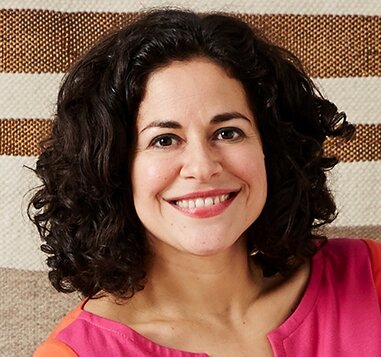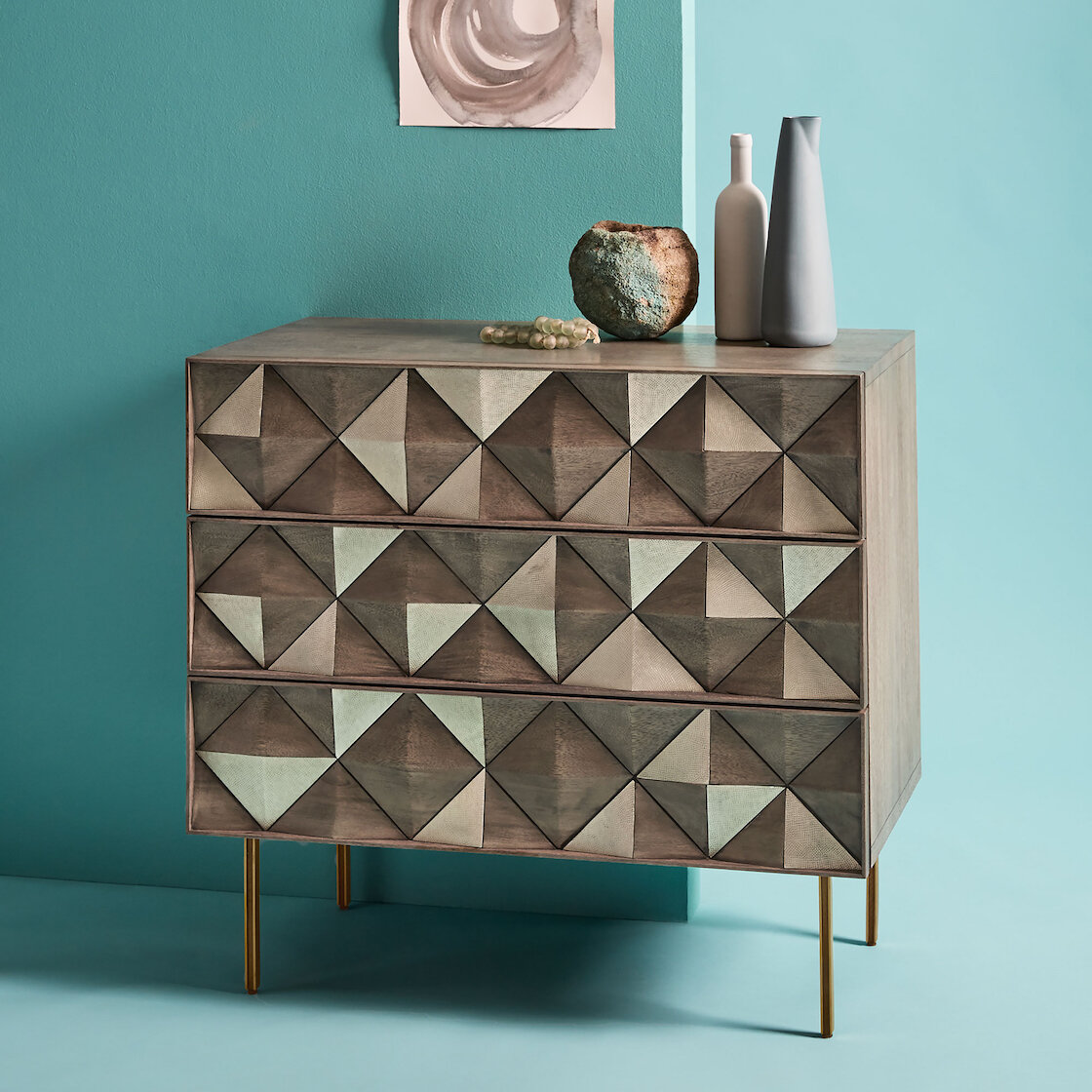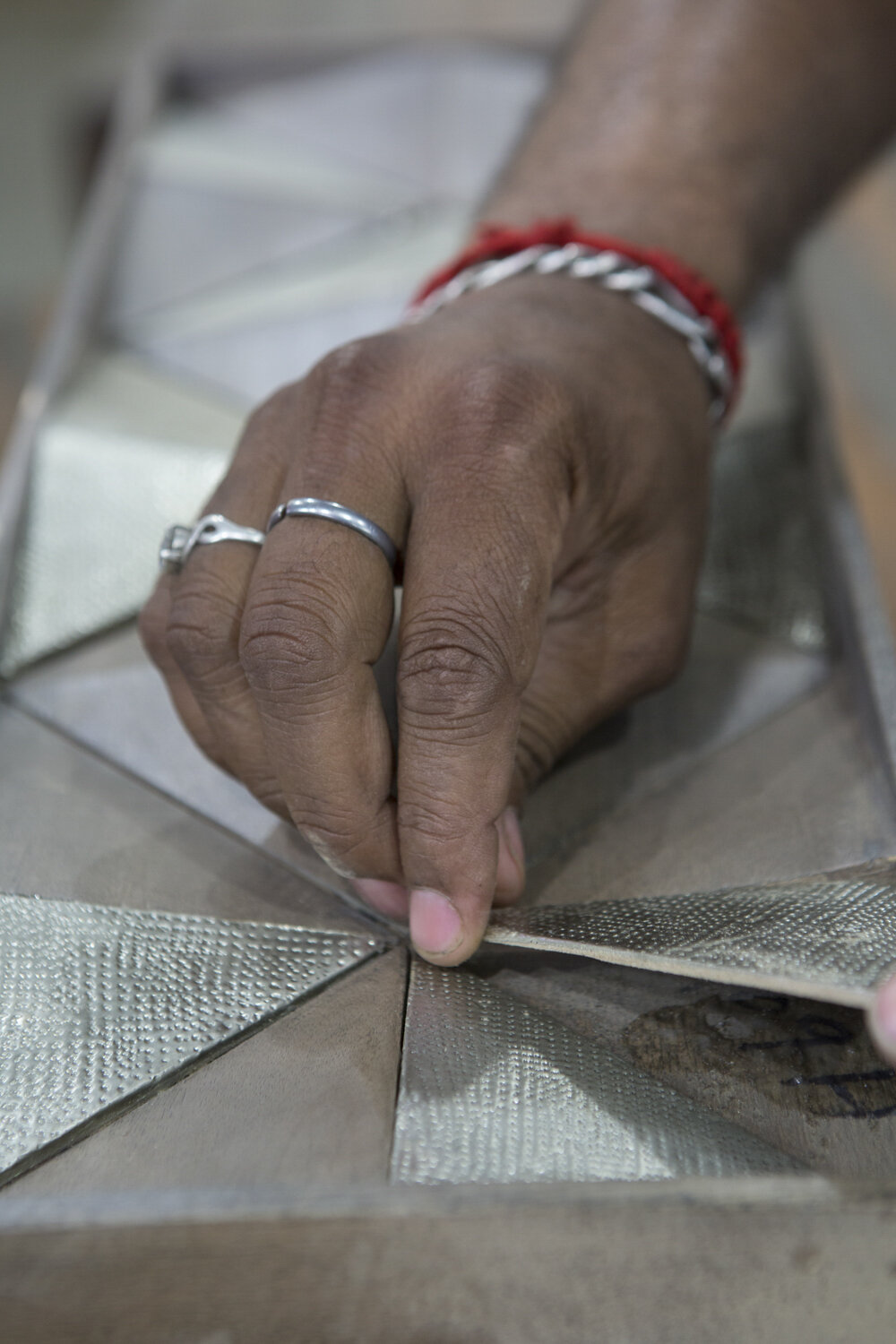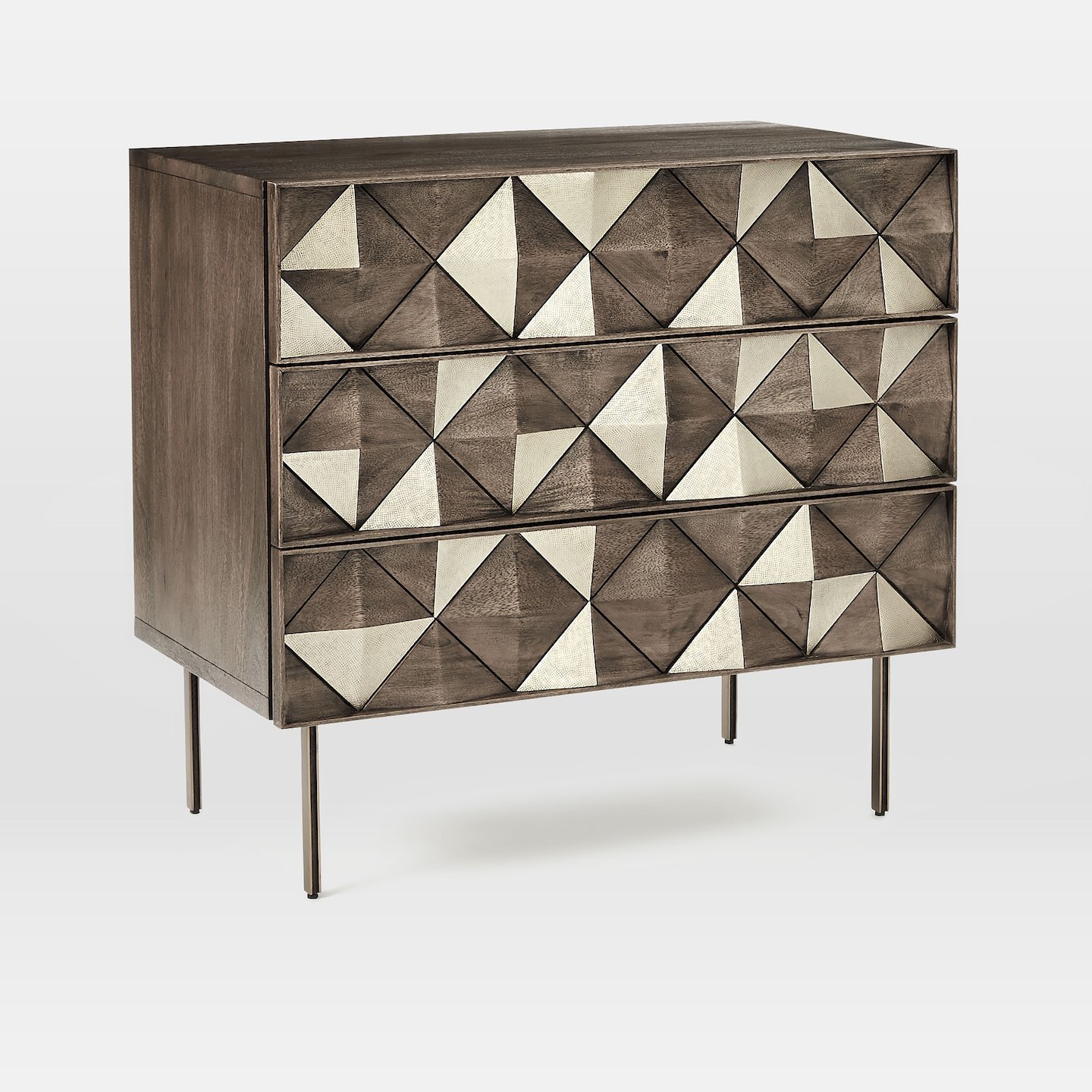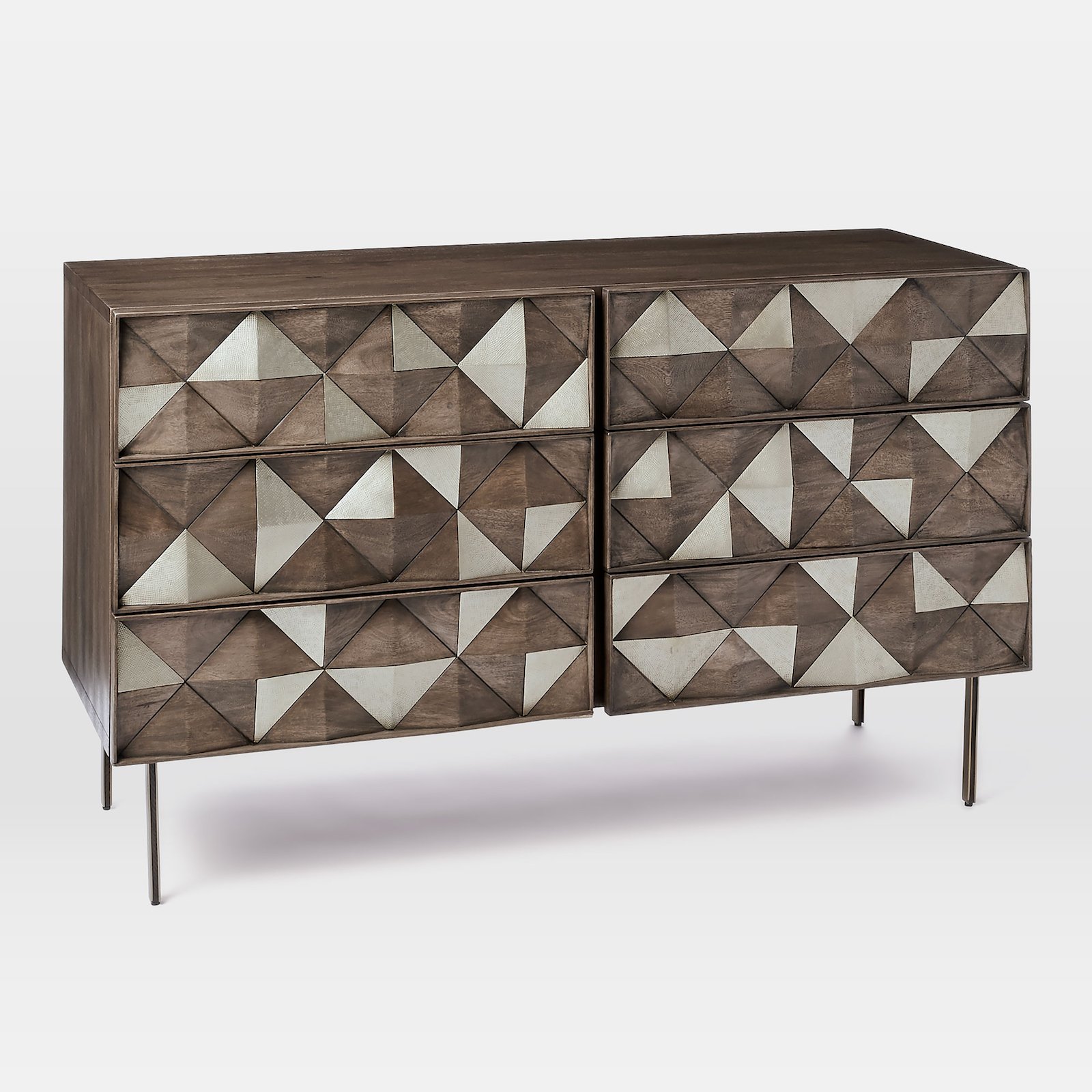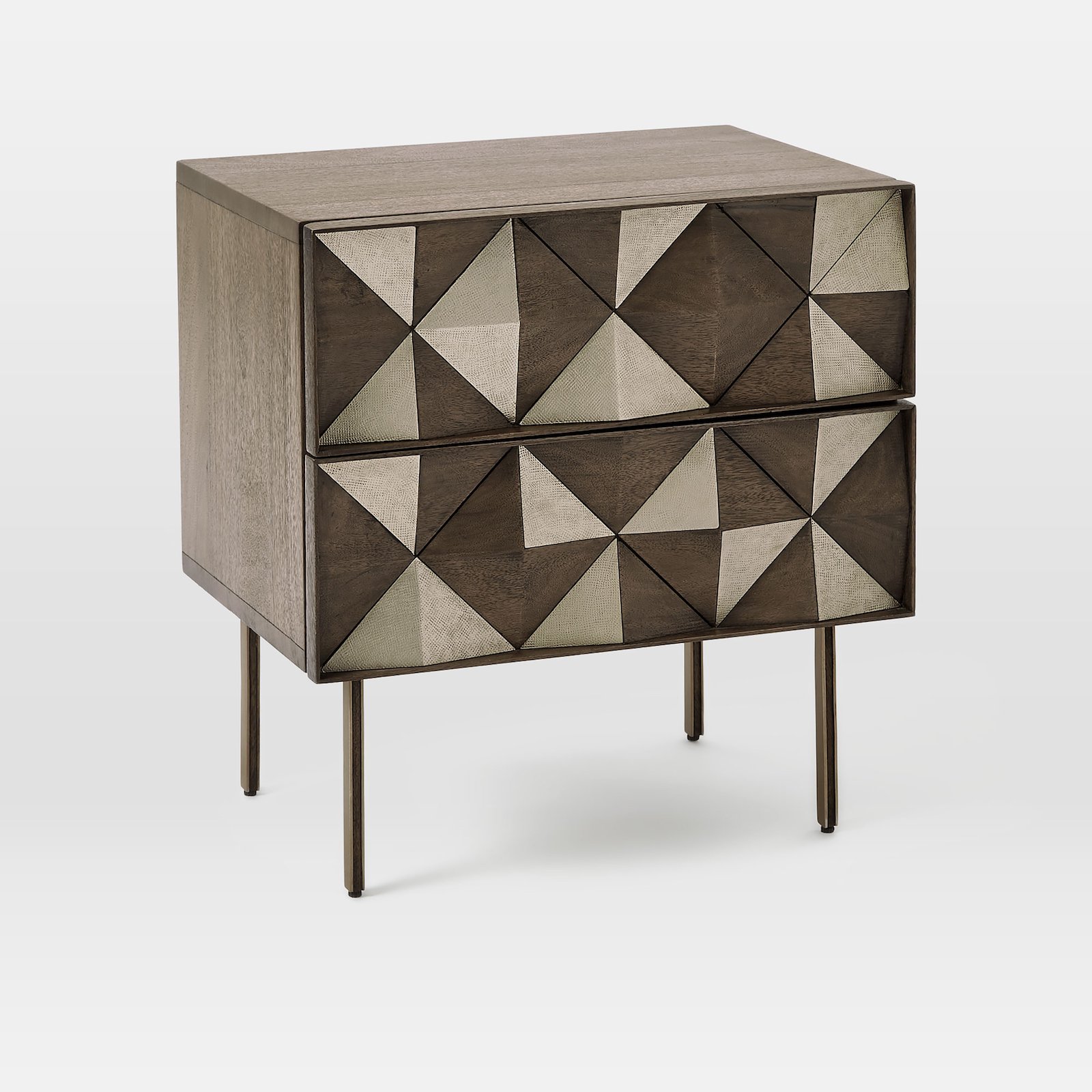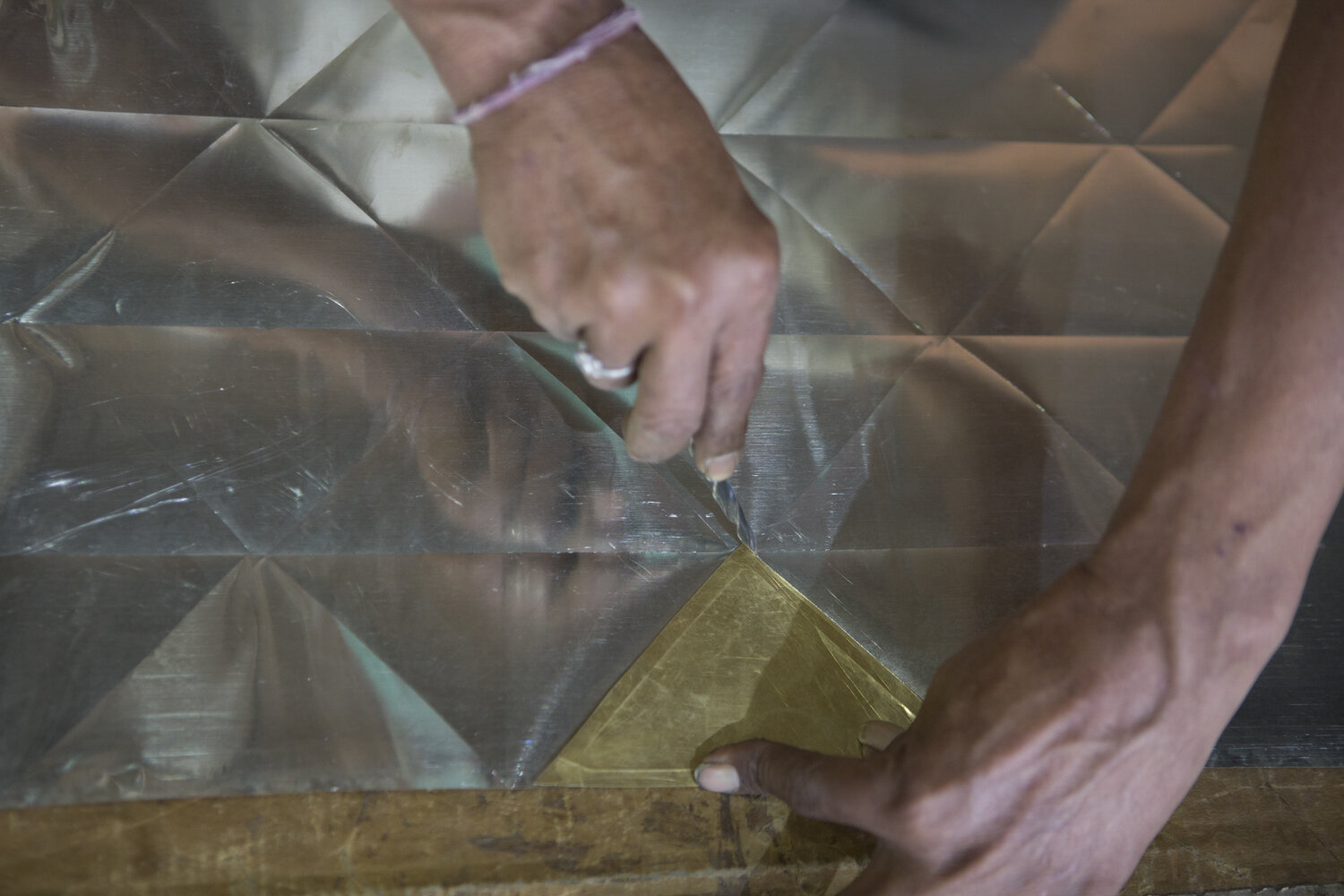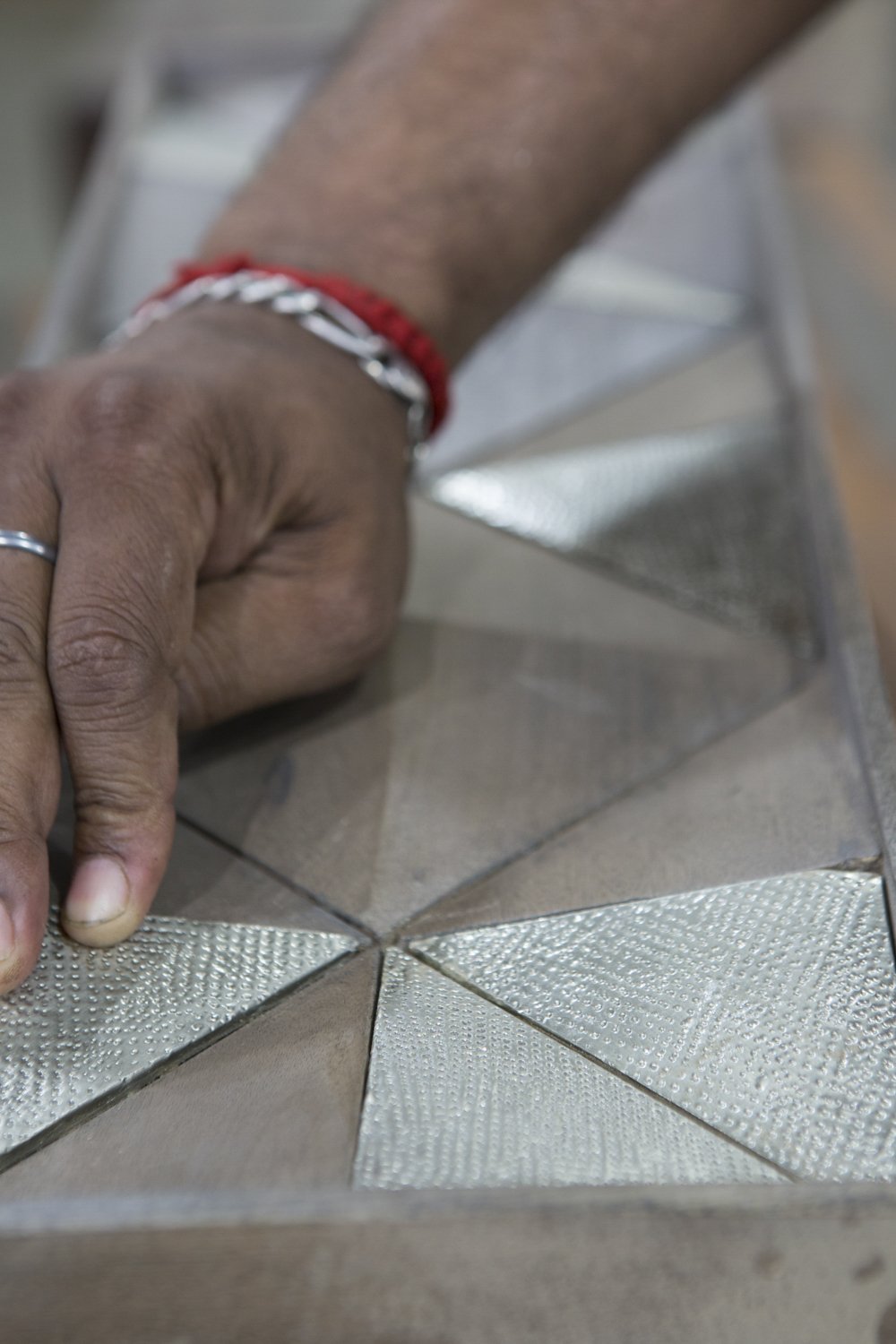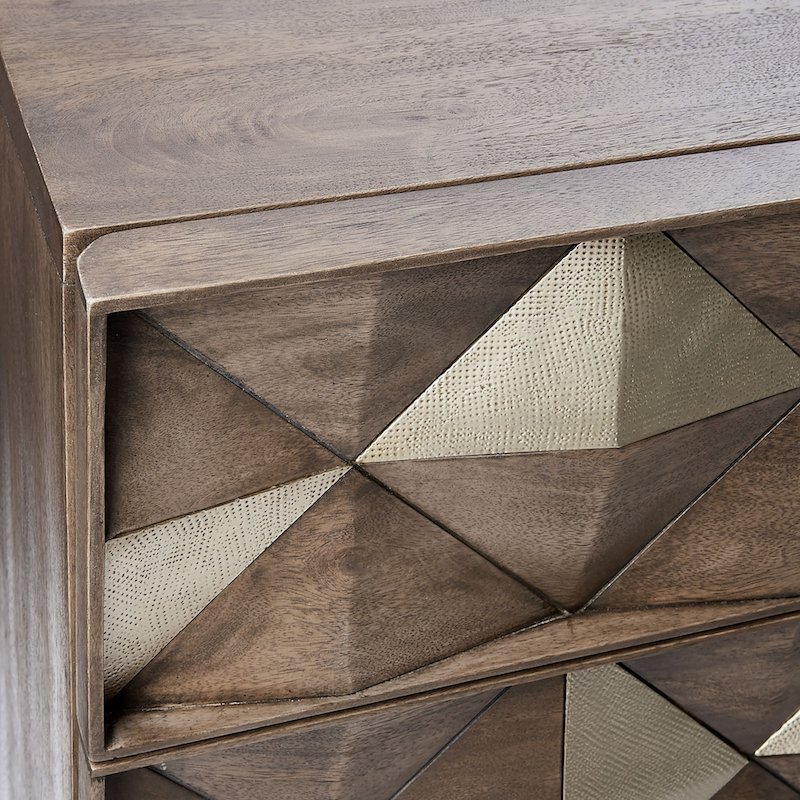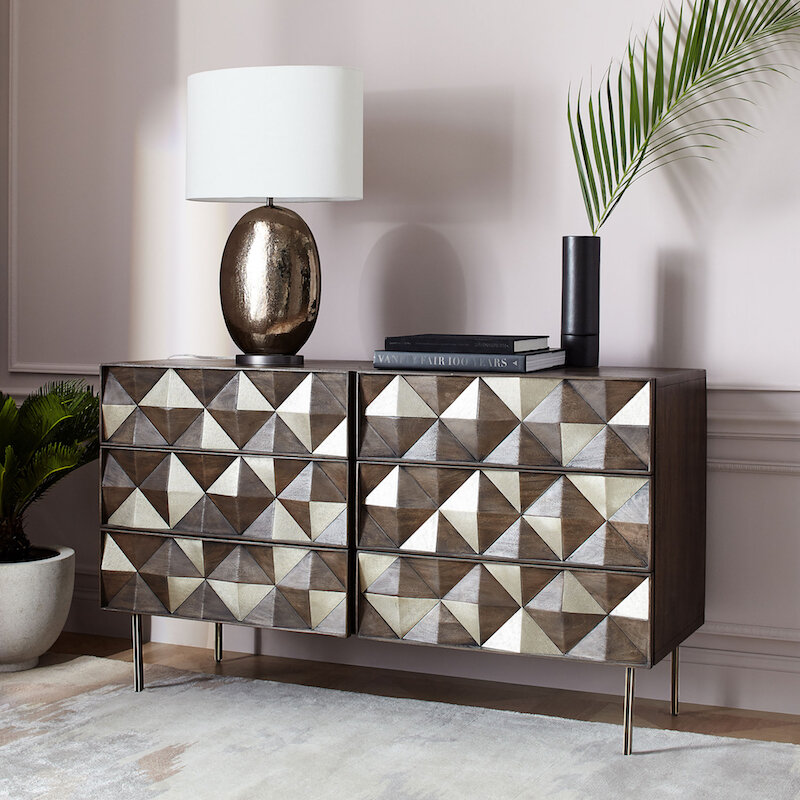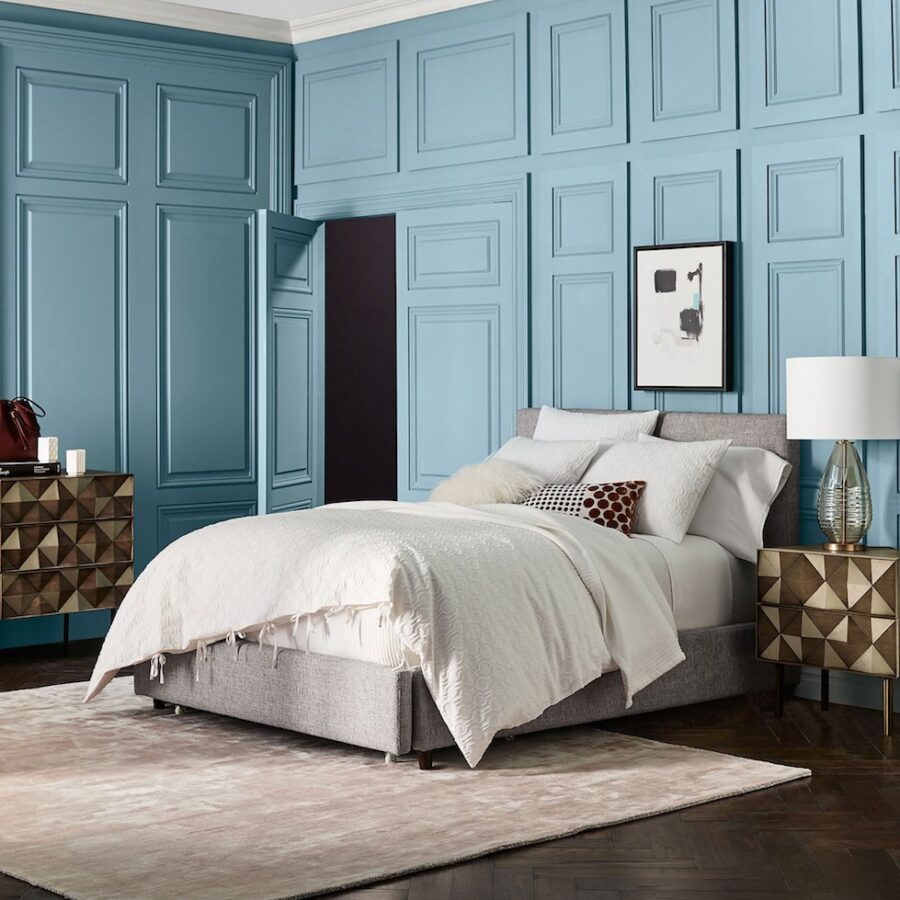
Shop For Change: Interview With Jennifer Gootman, Vice President Of Social Consciousness And Innovation At West Elm
Meet Jennifer Gootman, Vice President Of Social Consciousness And Innovation At West Elm
West Elm has been a longtime favorite of ours, thanks to its industry-leading integration of fair trade and ethically handmade products into the mainstream. Recently, they announced a new initiative to have 40% of their products Fair Trade Certified by 2020. We had the chance to chat more about this commitment with Jennifer Gootman, the Vice President of Social Consciousness and Innovation at West Elm, to learn about the challenges behind making large scale shifts to fair trade, what progressive partnerships she’s most excited about, and what fair trade factories mean for the communities they are developed in.
West Elm has made significant commitments to its partnerships with Fair Trade Certified factories across the world. Can you tell us more about your 2020 vision and what this means for West Elm’s social and environmental impact worldwide?
Yes, absolutely, but before I speak to our 2020 commitments, I just want to quickly touch upon the journey West Elm has taken to get to where we are today. We started with craft, collaborating with artisan groups around the globe about a decade ago. Today, our Design to Impact commitments have grown from handcrafted to Fair Trade to LOCAL, bringing economic impact to makers and their communities in the US and globally, all while continuing to bring our customers beautifully designed, unique, and contemporary products.
West Elm was the first home retailer to join Fair Trade USA’s factory certification program in 2014, and we started with one factory in India and around 200 workers. Today, we have 11 Fair Trade-Certified factories reaching 5,000 workers and growing. We offer our customers over 4,500 Fair Trade-Certified products from rugs to furniture to bedding and have paid Fair Trade Premiums to workers on more than 1,000,000 products which represents over $600,000 in Premiums to workers. Workers have used those funds to buy bikes, invest in health care, build houses, and more. By 2020 we’ll have over 10,000 workers in the program and 40% of our assortment certified.
We were so excited to be joined by Pottery Barn, Pottery Barn Kids, and Pottery Barn Teen in the recent announcement by our parent company Williams-Sonoma, Inc. to pay $3 million in Fair Trade Community Development funds to workers by 2020. Together, our impact is amplified.
What are the challenges that West Elm and other large retailers face when working with Fair Trade factories on such a large scale?
Our commitment to Fair Trade runs throughout the organization, from our design to sourcing to merchants to planners to creative and stores teams. Fair Trade-Certification is a rigorous, time and resource intensive process so we want to ensure consistent work and premiums, which means aligning across all parts of our business.
Sometimes the challenges are beyond the factory walls. For example, the factory in Vietnam that makes our mid-century collection recently became Fair Trade-Certified, bringing 2,500 more workers into the program. It was a long process that took over 2 years and unbelievable effort on the part of the Fair Trade team and the factory. One challenge was that in that region of Vietnam, there is an expectation of working overtime to a degree that is not allowable in a Fair Trade Certified factory. The factory was concerned they would lose skilled workers as a result of limiting overtime. Over those two years, the factory invested to bring overtime hours down and productivity up so that they could keep workers’ take-home pay consistent and meet Fair Trade standards. I am really looking forward to seeing how those workers decide to invest their premiums.
“Fair Trade-Certification is a rigorous, time and resource intensive process so we want to ensure consistent work and premiums, which means aligning across all parts of our business.”
Can you speak to how Fair Trade standards improve the communities and working conditions in the factories you partner with?
We hold all of our factories to high ethical and social standards, but the Fair Trade difference is that West Elm pays a premium on every product purchased from a Fair Trade factory, which goes directly into a fund managed by a committee of elected workers. Rather than us prescribing how funds should be used, workers themselves decide how to invest the money because they are the best in determining their own needs and dreams.
“Rather than us prescribing how funds should be used, workers themselves decide how to invest the money because they are the best in determining their own needs and dreams.”
One unexpected benefit has also been the increased communication between factory management and workers. For example, one of our bedding factories decided to use the premiums for a health care clinic for the factory workers. Factory management offered to match the funds so that the committee could save some premiums funds for future projects, and today that clinic serves the entire community of 20,000 and sees 80 to 90 patients a day.
West Elm aims to “Design with Impact,” with your work positively impacting many people along the production process. For example, you offer financial literacy training programs in partnership with initiatives like HERProject in China and India. What programs are you most excited about, and why are those programs important to West Elm?
While it’s always hard to pick just one, a project that I’m particularly passionate about right now is our expanded partnership with Visionspring, a social enterprise with the mission of vision screening and affordable eyewear for everyone. Williams-Sonoma, Inc. recently announced a partnership that will bring vision services to factory workers, starting with 20,000 workers India and the Philippines through 2018.
Our work with Visionspring started in 2015, when I was reading the grant report from the literacy program West Elm funded in Haiti and noticed that several workers dropped out because they couldn’t see. We piloted first with three factories in India and Nepal and the findings were huge. 56% of those screened needed some kind of vision services and over 90% were first-time wearers. Visionspring has released studies that link vision solutions to a 34% increase in productivity, meaning earning potential for workers, but also a better quality of life outside of work. This is the essence of our Design to Impact philosophy, we are investing programs that have a positive impact in the workplace and in people’s lives at home.
“We are investing programs that have a positive impact in the workplace and in people’s lives at home.”
What is the biggest misconception you’ve seen about Fair Trade Certified products, and how is West Elm breaking the mold?
“Fair Trade leads to stronger relationships with our vendors and happier, healthier, more fulfilled workers that create higher quality products and keep traditional techniques alive because they feel connected to the consumer on the other end. ”
People often ask about whether it’s a marketing gimmick or if we are just adding cost for customers. When you see the Fair Trade logo on our products, that represents a rigorous, third-party certification process and a significant commitment of resources, time, and energy for our vendors, West Elm, and the team at our certification partner, Fair Trade USA. We do not pass on the cost of the premium to our customers. We absorb that as the cost of a better way of doing business. We believe that investing in Fair Trade leads to stronger relationships with our vendors and happier, healthier, more fulfilled workers that create higher quality products and keep traditional techniques alive because they feel connected to the consumer on the other end. It’s not a panacea, but it’s a step in the right direction, and big changes start small.
Are there any innovations in the world of Fair Trade or sustainability that are really exciting you right now, and what do you hope for the future of the home furnishings and decor industry?
I am certain that we are in the midst of a major change in global supply chains. I have so many colleagues at other brands who are passionate and committed to the same causes that I am, we share ideas and use each other as a resource. There are industry associations, such as the Sustainable Apparel Coalition, that are bringing together competitor companies to work collaboratively on solving some of these massive challenges. There are a host of new companies that are creating innovative models for a new age, like Evrnu, who is developing technology to turn post-consumer textiles back into new fiber, and non-profits like Nest, who is working with us on the Artisan Advancement Project to bring transparency and opportunity to the artisan sector.
Do you personally have a favorite West Elm Fair Trade Certified product?
I love the Roar and Rabbit Rhombus Collection because of the intricate hand-hammered metal detail and of course because it’s made in a Fair Trade factory. I traveled with our photo and video team to the factory in India where it’s made to capture the premium stories and celebrate the makers in our Fall 2017 catalog. No matter how many times I visit a factory, I am always amazed by the skill of the workers that can turn raw materials like metal and wood into a beautiful West Elm product like the Rhombus.

